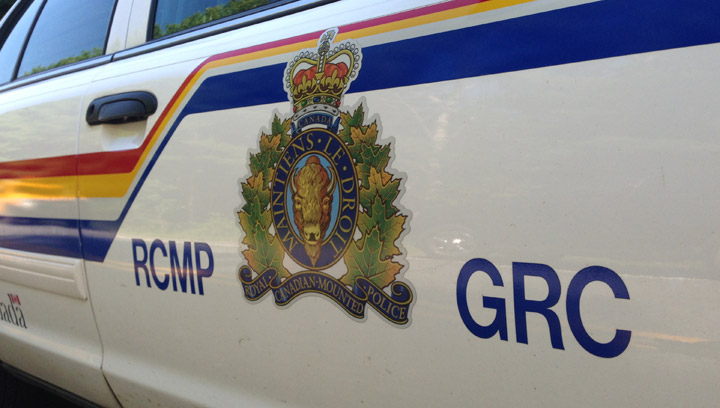GODS LAKE NARROWS, Man. – The leader of a remote northern Manitoba First Nation says the inquest into the fatal RCMP shooting of a man on his reserve essentially condones killing indigenous people.

Chief Gilbert Andrews of God’s Lake First Nation says the inquest judge didn’t condemn the 2011 shooting of Paul Duck or make any recommendations to prevent a similar tragedy.
Andrews says his community, 1,000 kilometres northeast of Winnipeg, questions whether the shooting was fuelled by racism, and many fear it could happen again given the officer was never charged or held responsible.
It seems like “this kind of behaviour — to kill an Indian — is condoned by the justice system” and gives people reason “to fear the actions of the RCMP in the future,” Andrews said Tuesday.
“It’s OK in the eyes of the judge for the police to shoot our people,” he said. “It seems that way.”
Early on March 15, 2011, Duck heard his sister’s nearby house being vandalized by a large group of young people. The inquest heard he grabbed his shotgun and fired several rounds to scare the kids off.
He pursued them down a hill where two RCMP constables were guarding the scene of a house fire that had killed two young children and their grandfather the day before. Duck approached the officers, apparently to talk to them about his sister’s home.
The inquest heard Duck was asked three times to drop his gun. He lowered the weapon to his waist but continued walking toward the officers.
He was shot in the arm and lost a life-threatening amount of blood within five minutes. As Duck lay on the ground, he said, “I should have dropped the gun.”
The inquest judge concluded the shooting on the reserve of 1,700 was an unfortunate misunderstanding.
Duck’s family members said in a statement they feel justice has not been done and they are still searching for closure five years later.
“We still have a lot of unanswered questions and we can’t stress enough that this travesty could have been avoided if the officer had not been so fearful during the line of duty and too quick to use his revolver,” said Duck’s brother, Tom Duck.
“To believe my brother died needlessly because the value of life did not take precedence by the officers involved is beyond my understanding.”
Manitoba RCMP issued a statement saying the force recognizes “this tragedy has been extremely difficult for the family and for the community of God’s Lake First Nation.”
The RCMP has been working with the First Nation since the shooting, wrote spokesman Sgt. Bert Paquet.
“The concerns raised by the community, however, signal that we need to do more,” Paquet said.
The Duck family never got a chance to face the man who pulled the trigger, Andrews said. The inquest was moved from the reserve to Winnipeg out of concern for the officer’s health and safety, he said.
That decision robbed the community of an important part of the healing process, the chief suggested.
“They wanted to see a face as to who did the shooting,” he said.
“We felt that this inquest was just going through the motions of satisfying the fatalities act where an inquest has to be automatically called. That’s the way the community felt.”
— By Chinta Puxley in Winnipeg



Comments